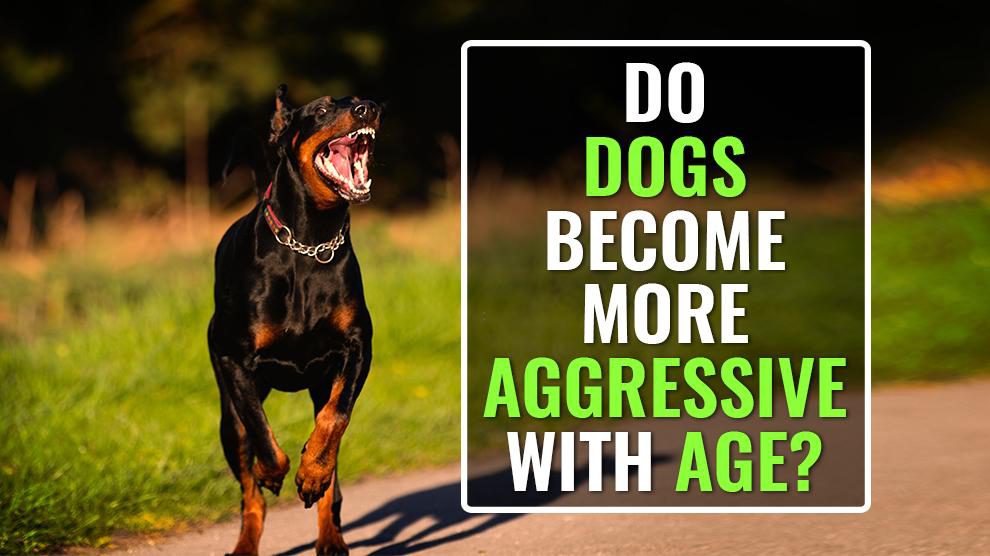Most dog lovers are ready to admit that their dog will definitely change physically as she becomes old. There are certain behavior changes that accompany aging.
Any undue change in your pup’s normal behavior calls for a chat with your vet. Dogs with physical pain may show their displeasure through a series of behavior.
1. Vocalizing
An increase in barking can be because of disorientation that accompanies a decline in normal cognitive behavior. It means your dog is not doing that much well.
Pain could also be another reason for this behavior. If your vet says there is no reason to panic, try using verbal commands such as “Shhh” or “Quiet.”
2. Compulsive behavior
There are some behaviors that your pet may do time and again. These include hot spots and constant licking. Other behaviors include staring at open spaces, air biting, pacing, jumping, spinning, or tail chasing.
Talk to your dog and massage her. Contact a vet behaviorist.
3. Restlessness at night
Some senior dogs have a problem sleeping at night. All dogs, including older pets, need proper workout each day. Tire him out so that he will get a good night’s sleep.
4. Untimely elimination
If your senior dog appears to have forgotten potty training rules, first meet your vet. Other causes for this can include less control mainly over his bowels and bladder.
Take your dog out more often. Urine dribbling is another issue where your dog has no control over it.
5. Phobias and fears
If your older pet has bad hearing or vision, even his own den can become a new place. Eventually, this could result in unexplained fears and despair.
Dogs depend on consistency and routine. Avoid rearranging your furniture at home. Stick to a routine.
6. Destructiveness
Some canines become unruly as they age. Pica is a common problem where senior dogs prefer nonfood things over regular dog food.
Scratching and digging is also a problem.
Make sure your dogs have chews and raw bones.
7. Anxiety
Anxiety-prone dogs become more susceptible to anxiety when they age. Positive reinforcement training can curb anxiety-related behavior.
Social and fun classes are the best way to build trust.
8. Aggression
Unprovoked aggression can mark the early signs of your dog getting old. A vet behaviorist could help you handle the situation with ease.











